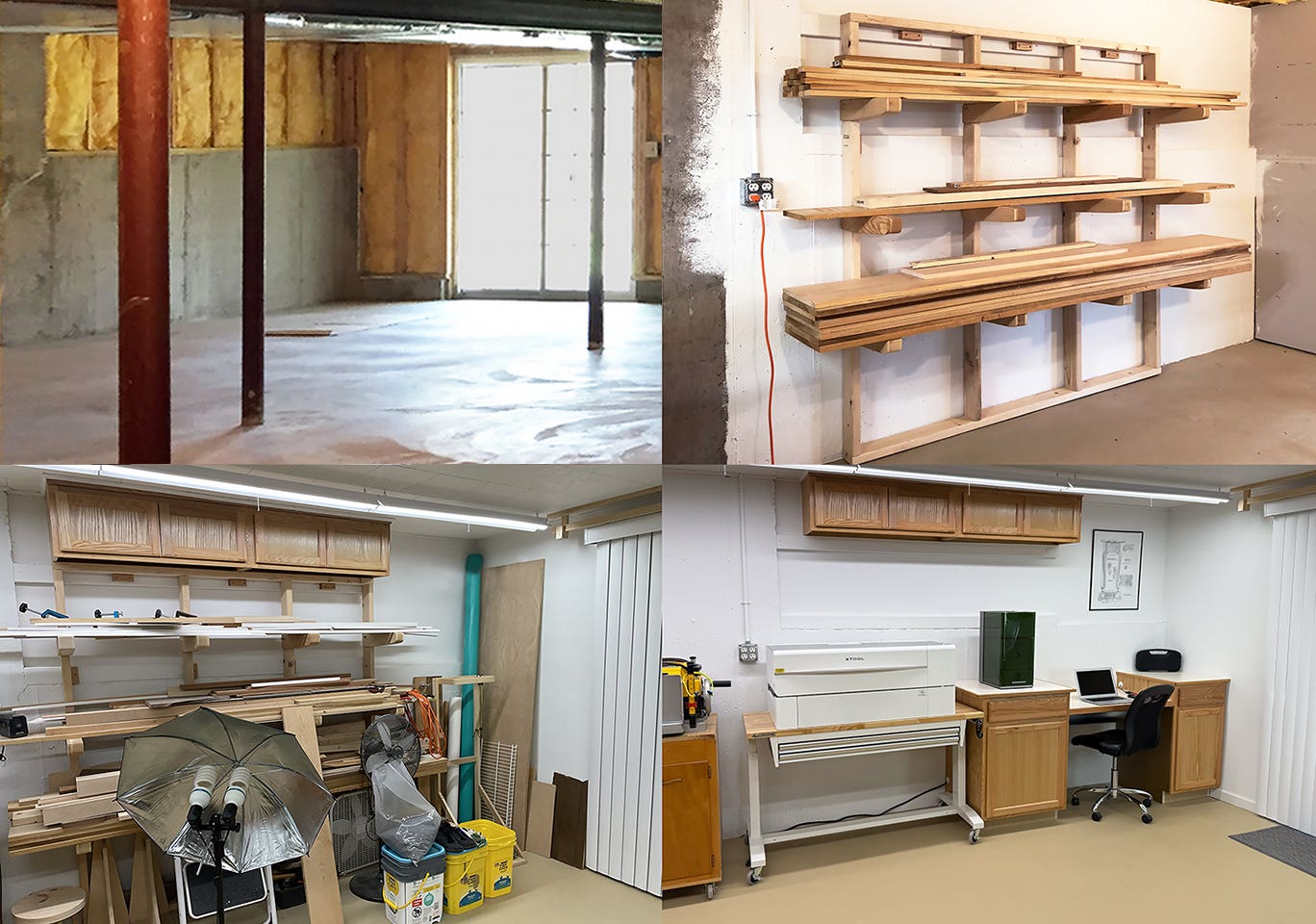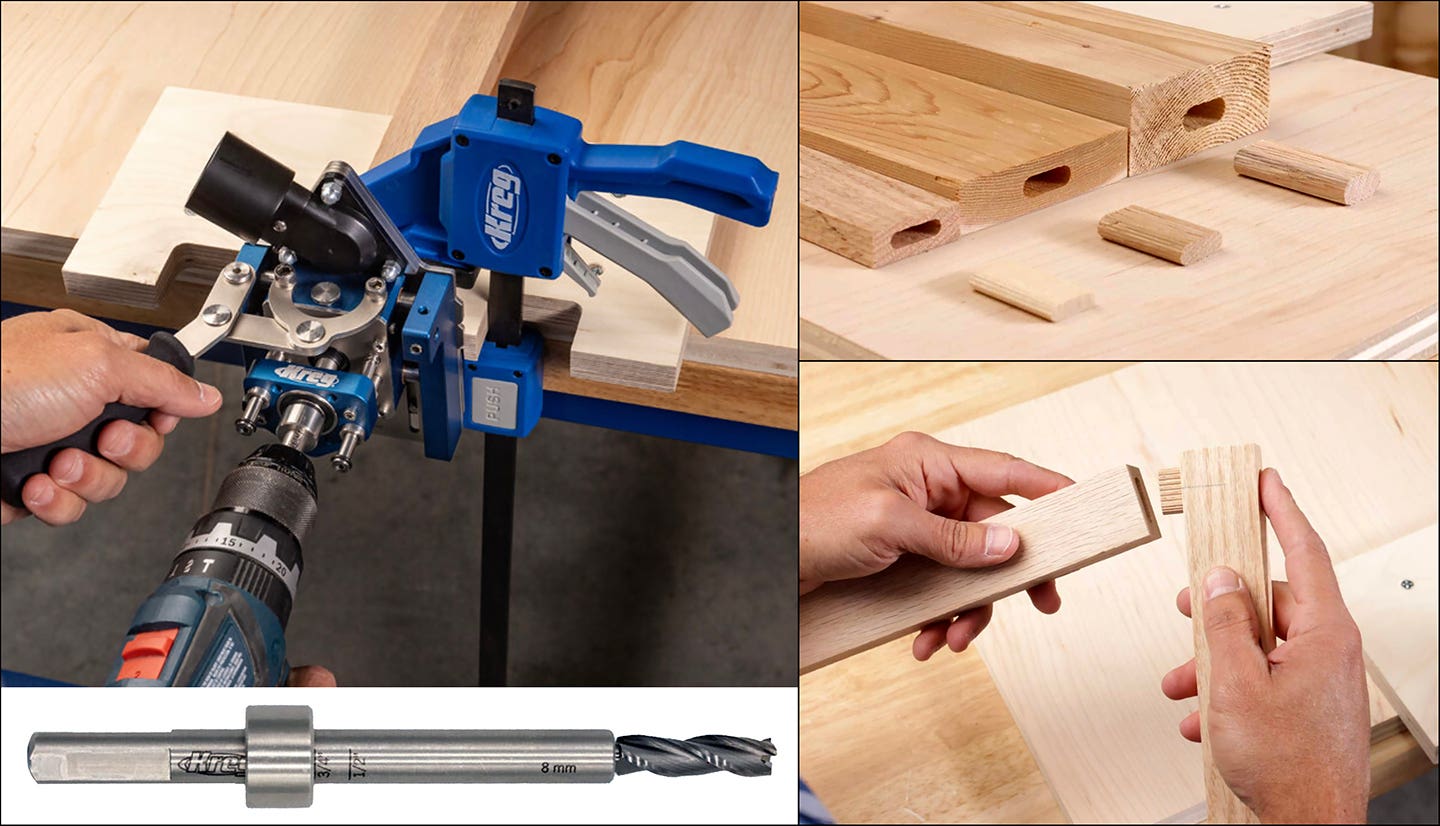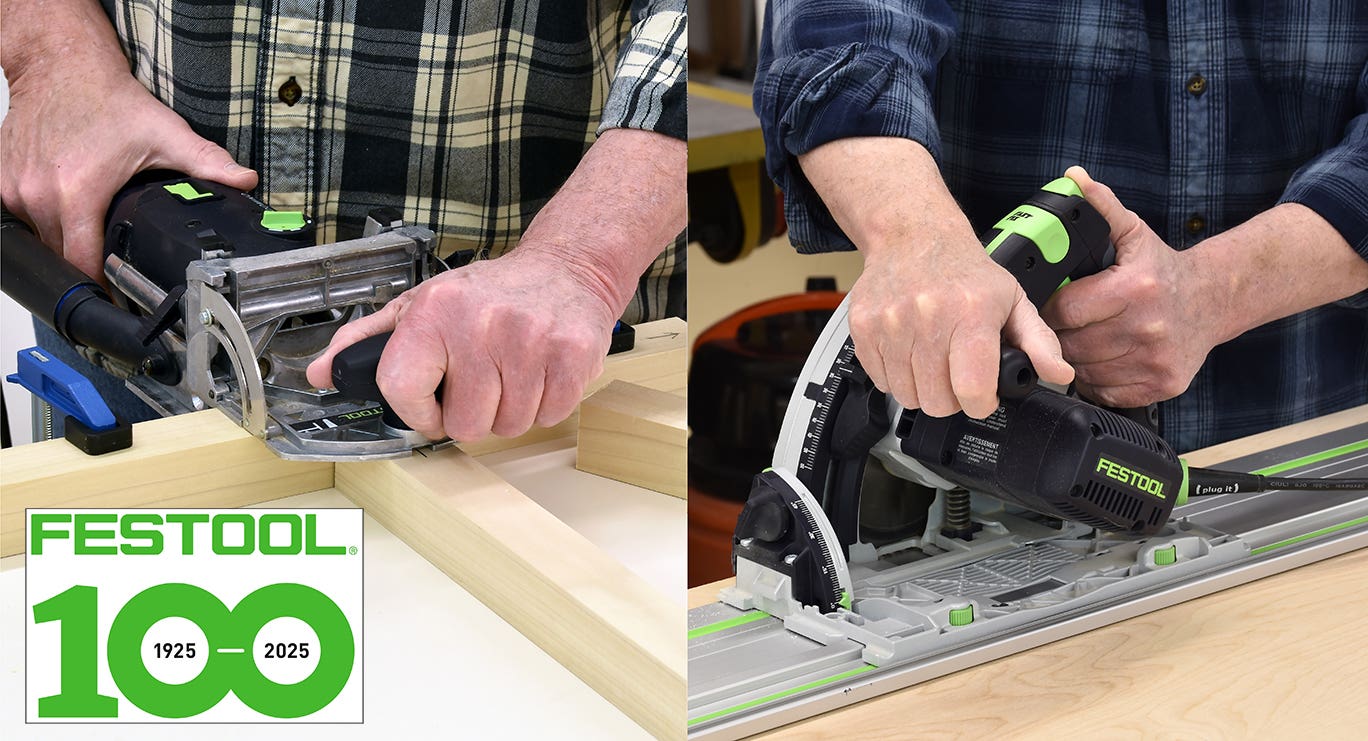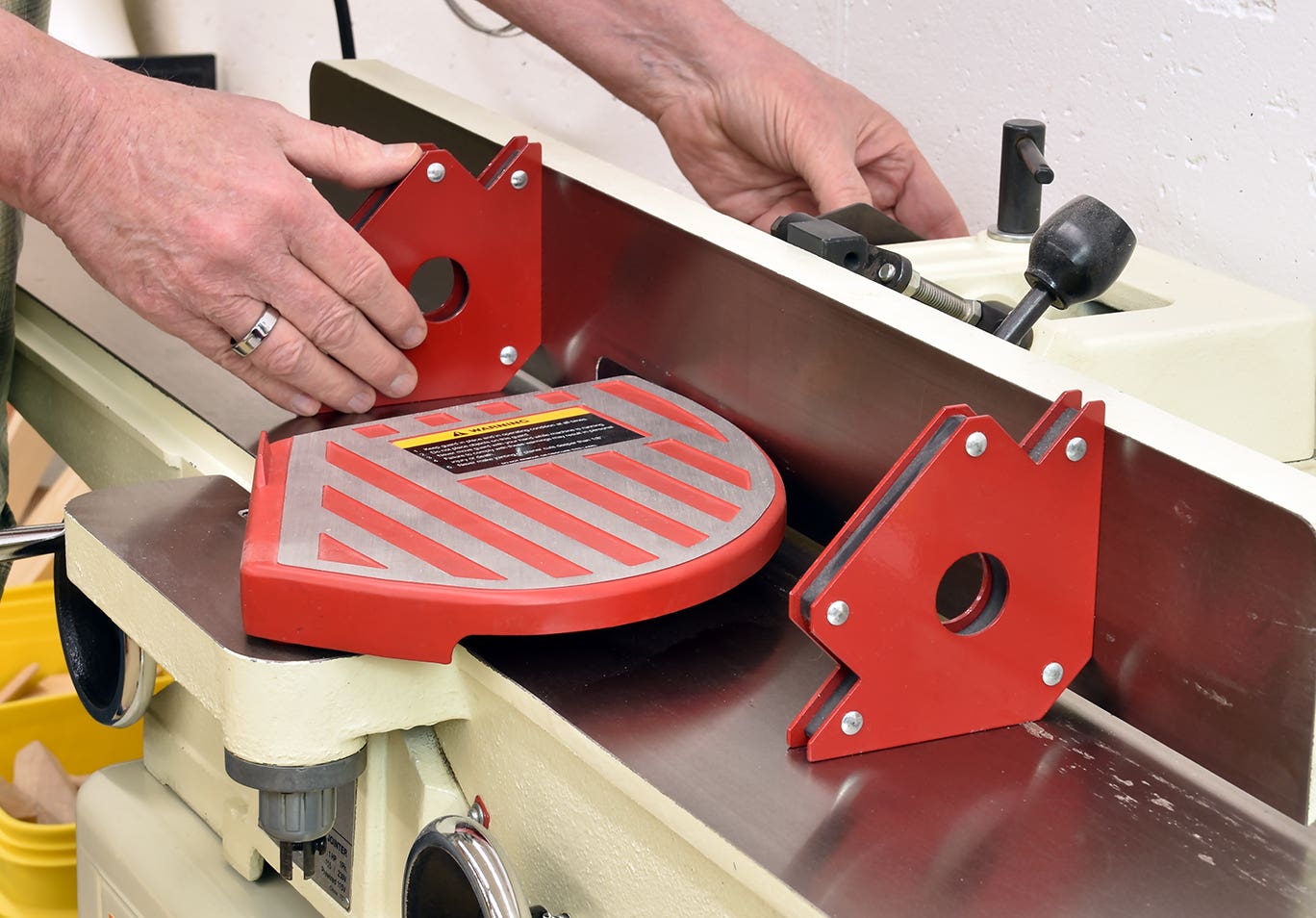Switching gears and new careers
It’s amazing how many people, when setting out on a career change, choose woodworking as the direction they want to go.
It’s amazing how many people, when setting out on a career change, choose woodworking as the direction they want to go.
One of the things that jumps out about the countless professional woodworkers Woodshop News has profiled over the years is how many of them didn’t start out that way. If forced to guess, I’d bet at least half were originally doing something else. Woodworking, then, is their second career. The cover story of the March issue is about exactly that.
That’s Armando Reyes of Erie, Pa. Trained, and employed, as an auto mechanic, Reyes had a love of woodworking handed down from a family of woodworkers, and was an avid hobbyist. That hobby spilled over into making a few things for sale, and he found that he liked it. So much so, that three years ago he left the automotive industry to become a full-time woodworker and hasn’t looked back.
I did something similar. I’d been in broadcasting for 25 years but had a love of woodworking from my parents and four years of high school woodshop, along with a writing hobby. When the broadcast industry drifted toward satellite programming in the mid ’90s, I combined the two and left radio for a new career as a woodworking writer.
A good friend of mine did the same thing. Originally a special-education teacher, he needed a new career when his school system changed focus. A serious hobbyist woodworker with skills learned from parents and high school shop classes, he opened a cabinet shop and has done well ever since.
Clearly, feeling confident enough in your woodworking skills to make them the basis of a new career is key to being successful at it. Those with a longtime love of woodworking have a head start, but it’s not often enough. Those who learned woodworking at an early age – either from school programs or handed down through family – also have a head start. But that’s not always enough, either.
For a really good shot at making it work I think you need both. Having a passion for woodworking is inborn, but training at an early age isn’t. That comes from somewhere else. Sure, you can teach yourself, to a point, but getting guidance from someone who’s already done it is invaluable.
There will always be those with an inborn passion for wood, and there will always be young people inspired by woodworking family. But with the rapid disappearance of woodshops in school, there’s a big void being created for molding young woodworking talent. It makes me wonder where people in the future are going to look for their second careers.
A.J. Hamler is the former editor of Woodshop News and Woodcraft Magazine. He's currently a freelance woodworking writer/editor, which is another way of stating self-employed. When he's not writing or in the shop, he enjoys science fiction, gourmet cooking and Civil War reenacting, but not at the same time.







